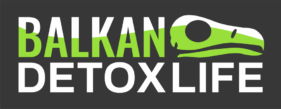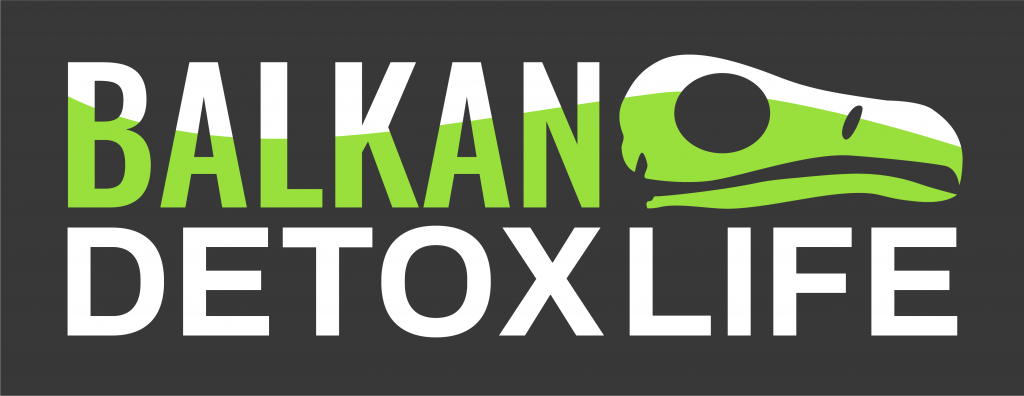On 5 August 2024, the State Environmental Inspectorate in North Macedonia officially adopted the Standard Operational Protocol (SOP) for handling wildlife poisoning cases. This protocol was developed as part of the BalkanDetox LIFE initiative and proposed during a meeting of the National Anti-Poisoning Working Group. During this meeting, members stressed the need for clearly defined roles and responsibilities among national bodies, along with effective cooperation in such cases. In accordance with the Law of Inspection on the Environment, Article 34 allows the Director to adopt such SOPs, with provisions for annual revisions if necessary.

Importance of the SOP for wildlife poisoning cases
Currently, North Macedonia lacks a fully systematized response to wildlife poisoning cases. This newly adopted SOP represents a significant step forward in establishing a structured approach. It will primarily support state environmental inspectors, while also offering guidance to police forces, veterinary inspectors, and public prosecutors.
“Proper management of wildlife poisoning cases is critical to ensuring a successful legal outcome. This includes the use of administrative tools such as preparing detailed reports from the inspection site, collecting evidence of identified violations, and maintaining formal communication with other relevant authorities. It also involves timely case reporting, thorough on-site investigations, transporting collected materials to appropriate laboratories for analysis, and initiating both criminal and misdemeanour proceedings against the perpetrators.”
— Darko Blinkov, General Inspector of Environment, State Environmental Inspectorate
Collaboration in Developing the SOP
This SOP was the result of a collaborative effort between the Macedonian Ecological Society, the State Environmental Inspectorate, the Faculty of Security, and the Macedonian Young Lawyers Association. The document outlines relevant national laws that define the criminal framework for wildlife poisoning and the legal obligations of national bodies in such cases. While it primarily serves environmental inspectors, it also details the responsibilities of various stakeholders, including the Food and Veterinary Agency, the police, relevant laboratories, the public prosecutor’s office, the State Hunting Inspectorate, as well as agencies managing protected areas and hunting ground concessionaires.

Key features of the SOP
The SOP provides a step-by-step guide for inspectors, complete with diagrams and flowcharts to clarify procedures. It includes annexes with photographs of poisoned wildlife and common poison baits as reference material for inspectors. Additionally, sample reports are provided for inspectors to complete during investigations.
“We are incredibly happy that as a result of the hard work and cooperation of the National Anti-poisoning Working Group, we were able to not only create this document but have it legally adopted by a relevant national body. This action shows commitment, generates motivation, and can further stimulate cooperation in solving wildlife poisoning issues and further to combat such wildlife crimes.”
– Arta Starova, North Macedonia project coordinator of BalkanDetox LIFE.
Similar progress in other Balkan countries
Greece was the first country in the BalkanDetox LIFE project to achieve this milestone, with the adoption of a Joint Ministerial Decision (JMD) on 22 August 2022. This decision outlines procedures for investigating and preventing the use of poison baits and was the result of years of efforts by the Hellenic Ornithological Society and other institutions. The JMD sets a legal framework for authorities to act and is considered a positive step in safeguarding threatened species, such as vultures.
Other Balkan countries are also making progress in adopting similar protocols. Standard Operational Protocols have been developed by the National Anti-poisoning Working Groups in Albania, Bosnia and Herzegovina and Croatia and are currently pending official endorsement by the relevant national law enforcement authorities. The SOP in Serbia is still under development and we hope to have it finalised and ready for official endorsement next year.
Importance of SOPs in Combating Wildlife Poisoning
SOPs are essential tools in fighting wildlife poisoning because they provide a clear and organized method for handling these incidents. Poisoning cases can be difficult to manage without a plan, as they often involve multiple authorities like environmental inspectors, police, and veterinarians to make a solid case. SOPs help by ensuring that everyone knows what steps to take, making the response quicker and more coordinated. They also guide the collection of evidence and proper investigation, which is crucial for holding offenders accountable. In addition, SOPs encourage collaboration between different organizations, improving the overall effort to prevent wildlife poisoning. Without these protocols, actions might be slower or less effective, putting vulnerable species like vultures at greater risk. This is why, the development and official adoption of SOPs is one of the key actions outlined within the BalkanDetox LIFE project to effectively combat illegal wildlife poisoning.
“Vultures, which are a group of species mosty affected by this illegal practice, know no political and administrative boundaries. Being highly mobile animals they are almost equally exposed to the threat of poisoning in the different countires of the Balkan Peninsula. Therefore, ensuring that best practices for investigation of wildlife poisoning incidents are applied across six countries of the region significantly reinforces our efforts to reduce the occurence of this type of environmental crime.”
– Uroš Pantović, VCF’s Balkan anti-poisoning project officer and BalkanDetox LIFE project coordinator

















